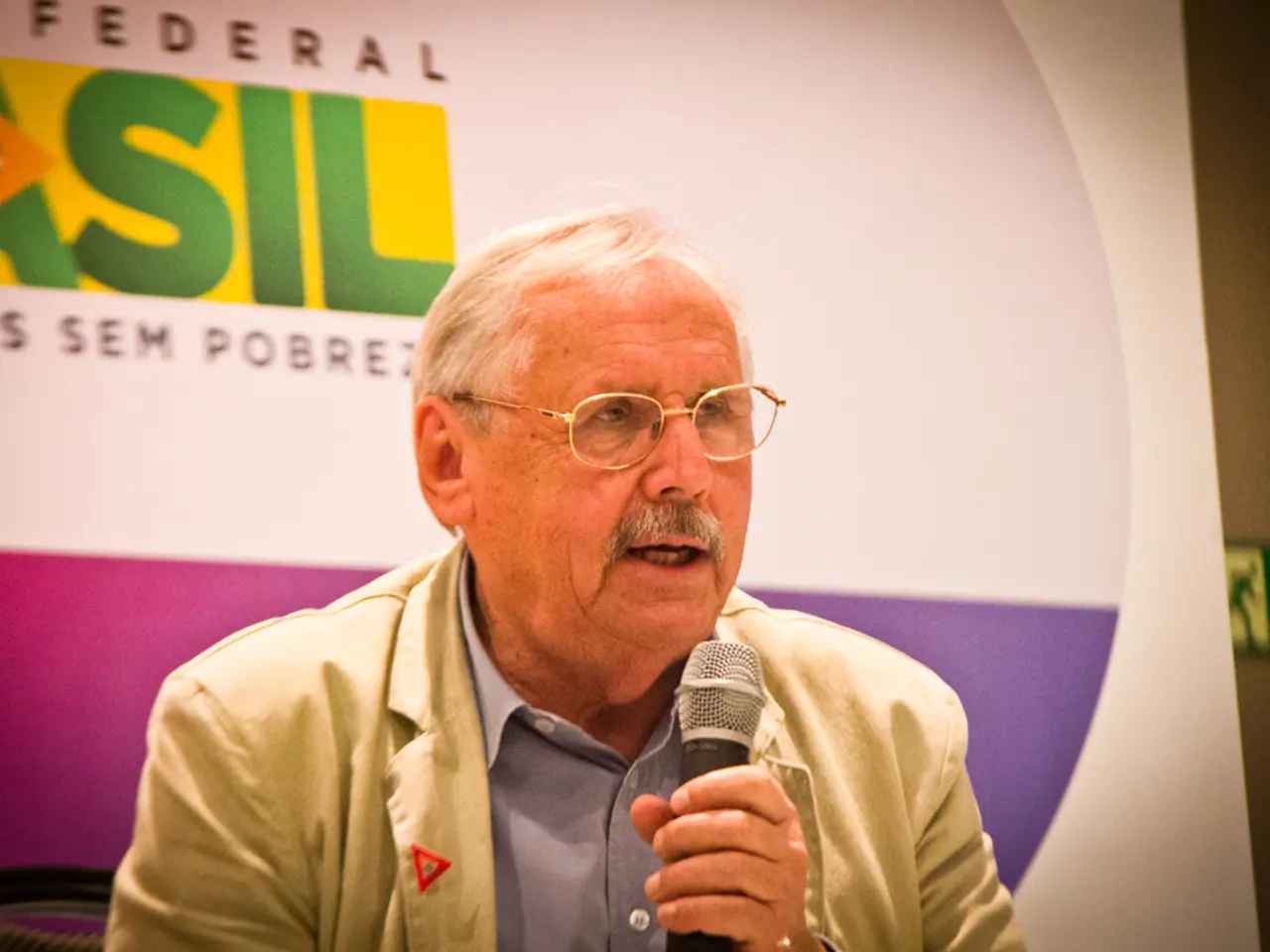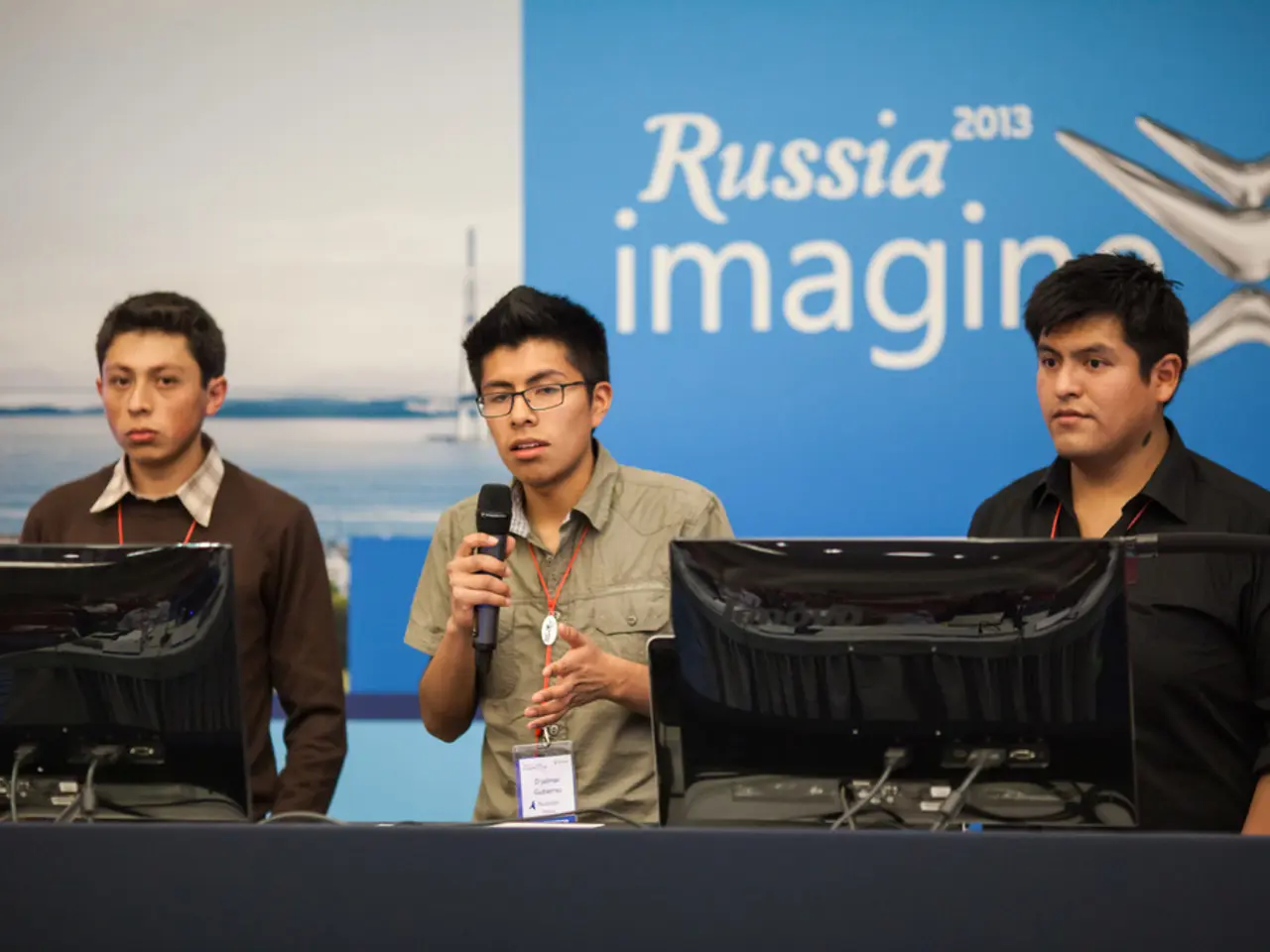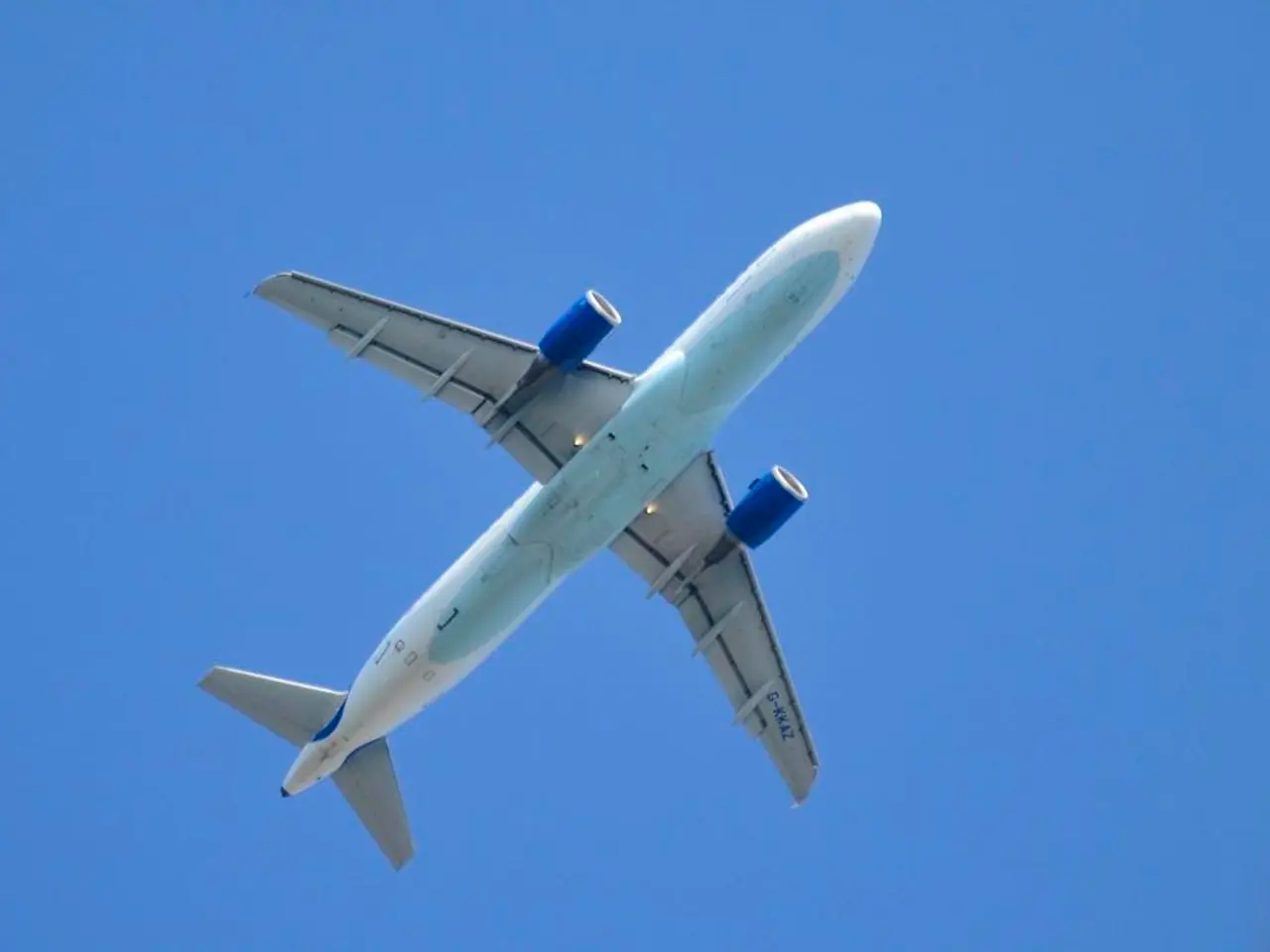Diplomat Wadephul confronts challenges during his tenure in the Middle East
Germany's Foreign Minister Johann Wadephul and Chancellor Friedrich Merz are playing nuanced but increasingly critical roles in response to Israel's military operations in Gaza, as the ongoing humanitarian crisis unfolds.
Johann Wadephul’s stance
Wadephul is on a diplomatic mission to Israel and the occupied West Bank, with a primary goal of pushing for a ceasefire and addressing the humanitarian catastrophe in Gaza. He emphasized the need to ease civilian suffering due to the high number of victims in Gaza, and his talks with Israeli officials and UN representatives are aimed at convincing Israel to allow more humanitarian aid into the region [1][2][3].
Friedrich Merz’s position
Merz has publicly urged Israel to "immediately, comprehensively, and sustainably improve" the conditions in Gaza and has called for a "comprehensive and not merely short-term ceasefire," signaling pressure on Israel to change its military approach. Merz indicated that Berlin’s future decisions regarding EU-Israel relations, including potential punitive actions such as suspending Israel from EU research programs, would depend on the outcomes of Wadephul’s mission [2][3].
Despite this apparent pressure, there remain contradictions and complexities in Germany’s approach:
- Germany continues to provide weapons and diplomatic support to Israel, reflecting longstanding ties and a "Staatsräson" (state reason) policy of backing Israel’s security needs. However, Wadephul himself has questioned whether Israel’s actions in Gaza still comply with international humanitarian law, and Merz has expressed skepticism about Israel’s war aims, stating a lack of clear strategic goals [4].
- Merz controversially described Israel’s allegedly illegal attack on Iran as “dirty work” Israel was doing “for us all,” indicating a complex, perhaps realpolitik-driven stance that balances criticism with support [4].
In summary, Wadephul is actively advocating for a ceasefire and humanitarian relief in Gaza, reflecting growing German concerns about the crisis, while Merz is urging Israel to improve conditions and signaling that Germany may reconsider its stance depending on diplomatic outcomes. However, Germany still maintains underlying support for Israel’s security, evidenced by continued weapons supplies and diplomatic backing, though this consensus is being tested by worsening conditions and international pressure [1][2][4].
The foreign policy of the Trump administration is considered unpredictable, not only in Berlin. Additionally, there is a question about the unity of the coalition on Middle East policy within Germany, raised by the demand for a more critical stance towards Israel.
Steve Witkoff, Trump’s special envoy, is traveling to Israel to discuss the humanitarian situation in Gaza, potentially at the same time as Foreign Minister Johann Wadephul. Witkoff's role is as a mediator in indirect negotiations with Hamas, making him an important figure in the ongoing conflict.
Prime Minister of Israel, Benjamin Netanjahu, has expressed strong opposition to the recognition of a Palestinian state by its allies, stating that it rewards terrorism. The governments in Berlin, Paris, and London do not share this assessment and instead have contact with the Palestinian Authority based in Ramallah in the West Bank, which does not include Hamas.
The US remains Israel's most important ally in the ongoing conflict. France, Britain, and Canada have announced their recognition of Palestine as a state, which is not well-received by the German government. Germany feels a special responsibility towards Israel due to the Holocaust. The outcome of these discussions could influence whether Germany joins calls for sanctions against Israel.
- The ongoing war-and-conflicts in Gaza have sparked nuanced but increasingly critical responses from German politicians, particularly Johann Wadephul and Chancellor Friedrich Merz, as they strive to address the humanitarian crisis.
- Germany's stance on the situation in Gaza appears complex, as it provides weapons and diplomatic support to Israel while also urging for a ceasefire and humanitarian aid, raising questions about the country's long-term commitment to its Middle East policies.






